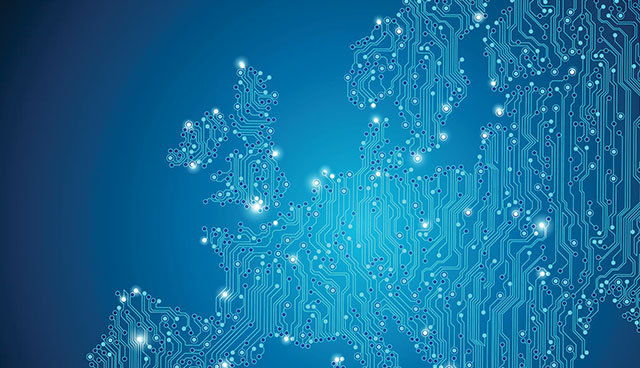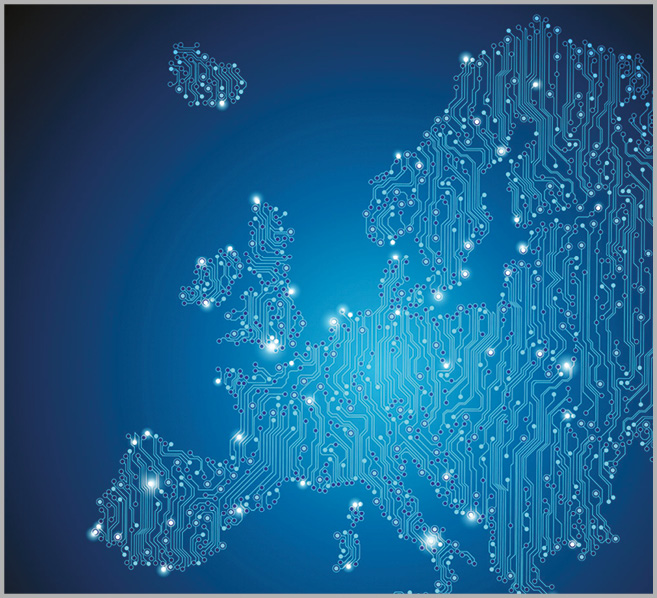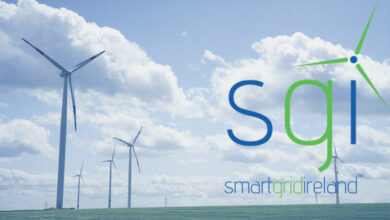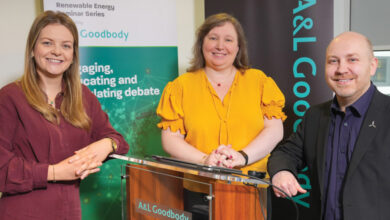Brexit: Time to make hard choices


Philip Lowe, former Director General of Energy at the European Commission in a report published by the Centre for European Reform says that it is “time to make hard choices”.
“The UK faces a choice between economics and sovereignty”. That clear choice is the view of Philip Lowe who is Executive Chair of the World Energy Council’s Trilemma initiative and a former Director General of Energy at the European Commission.
Although the level of physical interconnection between the UK and Europe remains low (only 6 per cent of installed electricity generation capacity compared to an EU average of over 20 per cent) the UK has been at the forefront of the creation of a European single energy market. The logic behind the EU emphasis on cross-border activity is around the economies of scale in energy networks, access to more sources of supply and differing weather conditions. The integration of networks and markets has clear benefits for the consumer with lower energy prices. The report highlights the present lack of interconnection for the UK: “There is an obvious link between the UK’s considerably higher wholesale energy prices than on the continent and the relatively low level of energy interconnection between the UK and its European neighbours.”
The 2012 Infrastructure regulation streamlined the process for infrastructure planning approvals and identified 250 key projects that would strengthen national networks and cross-border interconnectors. Lowe says that renewables, together with gas and more interconnection with neighbouring countries provide a viable energy mix for the UK until additional nuclear capacity comes on stream “if it does”.
Lowe states an important point for future arrangements post-Brexit: “It is also not possible to make a distinction between ‘having access’ to the single energy market and ‘being part of it’. If the UK has access to it, then it has to abide by the rules.” This means accepting the governance arrangements which includes the ECJ. The report gives the example of Switzerland that has a long-standing ambition to be an integral part of the EU’s single energy market. But all attempts to join have been thwarted by the Swiss refusal to open up its own energy market and its refusal to accept the jurisdiction of EU institutions and bodies.
The report specifically highlights one of the “success stories” of European energy market integration: the Single Irish Electricity Market. Lowe says that to maintain the progress and real benefits of SEM: “It is possible to imagine a bespoke arrangement for Ireland in parallel with an agreement on a soft border between Northern Ireland and the Republic of Ireland.”
Leaving the EU’s single energy market will mean that the UK will have to invest more in new electricity generating capacity, pay higher prices and have less security of supply. This the report says will also lead to an increased role for the State in the energy sector, something that goes against decades of UK energy policy. There is a clear choice between the beneficial economics of the single energy market and ‘taking back control’. The thrust of European policy has been to eliminate ‘energy islands’. Brexit looks like cutting the UK off from the benefits of being part of a bigger network and market and becoming such an island. This gives all the more urgency for an Irish solution on energy.





